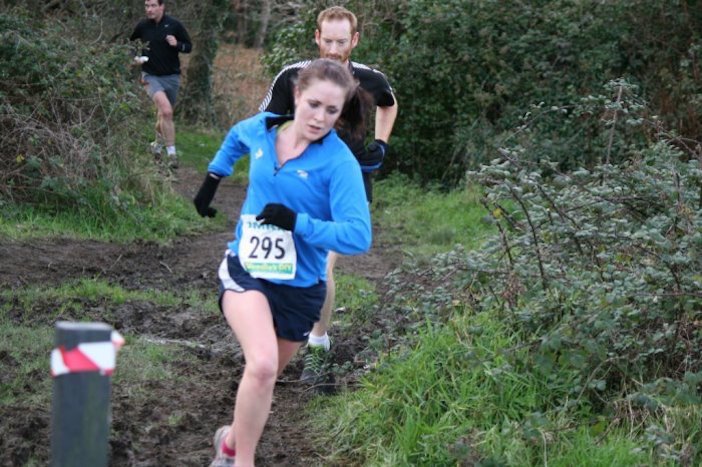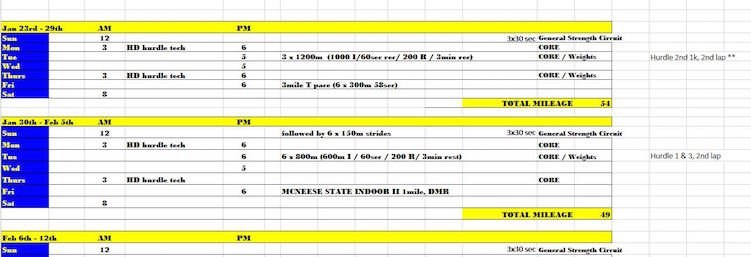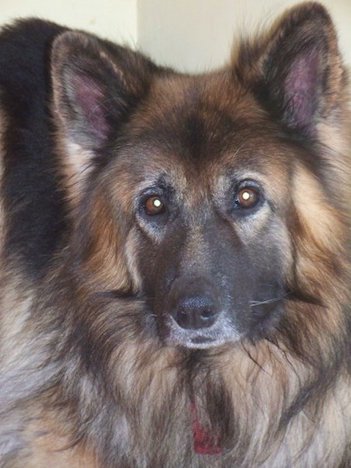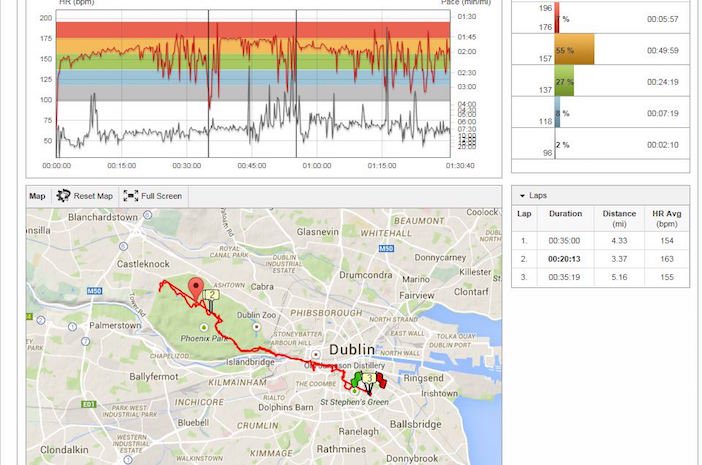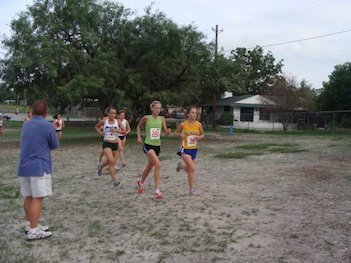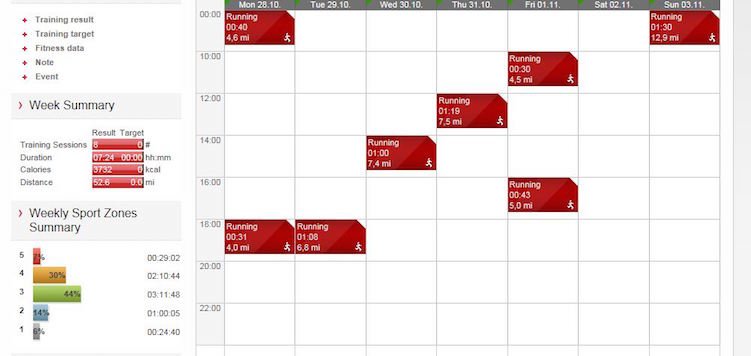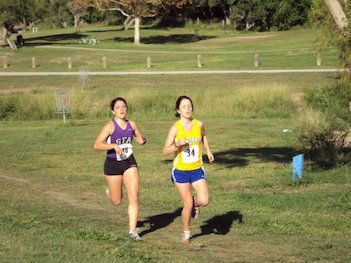The accidental life logger – Life Logging part 2
Life logging is something I’ve been doing for ten years. Except, I didn’t know life logging was a thing. I am an accidental life logger and I only log one aspect of my life and that’s running.
I am also an accidental runner. At fifteen I was, for want of a more original term, a bookworm. I read this book in which the girl would bring her dog for runs to keep his toenails short. I got very worried. Nobody was running our dog, Otto, anywhere. I did a bit of research on the toenails of Alsatians and it seemed only right to take Otto out jogging.
I say jogging – but back then I didn’t know the first thing about jogging or running or dog’s toenails. I used to go out to our drive, put Otto on a lead and sprint up and down the 50 metre stretch until I felt like collapsing. This was usually relatively soon. Otto wasn’t happy about it either. He was used to a life of toe-pain and luxury. I started logging – I wanted to do more and more 50 metre stretches. Every day I would write down how many I had done. It worked.
It got to the point where I could not keep count of the amount of times I was running up and down the drive. I looked insane. My mother suggested I take the show on the open road. I started staggering out onto the boreen. A mile seemed like a very impressive thing to me at the time. I would run 1 mile everyday – huffing, puffing, reddening and generally causing concern amongst the neighbours. They’d sometimes stop and ask me if I was okay. They got so worried that they sent me to a local athletics club – where I might learn to stagger less and run more. I was logging all this in my little journal. It started to feel like my day wasn’t complete without a run jotted down.
I started at Nenagh Olympic and was immediately alarmed by a) all the men in tights, b) the weird stretching and c) the idea of running 200m and then resting and starting again. I DIDN’T NEED REST – I COULD RUN A WHOLE MILE WITHOUT STOPPING. My training log from the time was highly sceptical. I didn’t know anything about running, so intervals seemed stupid. Why would you stop and start? Poor Sean Finn (my amazing, saintly, patient coach) started asking me questions and I was miffed when he was not impressed by my one mile runs. He started making me do all kinds of other stuff, like race in public.
Racing in public – and losing dramatically, was the only thing that made me listen. It became clear that my carefully logged miles were not enough. Sometimes it’s funny to look back at the old logs, at what I used to think was a tough run, or the terrible times that I put huge smiley faces besides. Other times it’s just worrying. Am I still that deluded in other aspects of my life? Should I log everything in order to monitor the full extent of my delusions?
Most runners keep a training diary. You have to keep track of progress, set targets and monitor what goes wrong or right. As you improve the logging becomes more detailed, as you learn more you know what not to record. There was a brief stint of time when I got my first heart rate monitor and my aim was to get my heart rate as high as possible. I’d sprint off like a mad thing in the middle of a mile interval. Not smart. I’d end up in huge oxygen debt, doubled over and retching. It was only when I started to see patterns emerge (and Sean explained to me what a lunatic I was being) from the logging that I was able to consider that maybe starting steadier – at a lower heart rate- would result in a better training session (a look through recent logs reveals that this realisation is still something of a learning curve).
I attended Mcneese State University, in Louisiana, on Athletic Scholarship. All through university – we were supposed to keep logs of our training. All we seemed to do was run, so sometimes I wouldn’t. There was a group session sheet – and I knew I did all the training that was prescribed, so I sometimes wouldn’t log my own personal response to the miles and weights and pool sessions. Whenever I stopped logging – I found I ended up ill or over-trained. I’d get to big races and have no idea what it was I’d done wrong or how to fix it. Training logs don’t just motivate you to reach targets, they help you assess what you’ve done well, and where things have gone horribly wrong. For me, they have always been vital in assessing where things have gone horribly wrong. You see patterns emerge, you see where productivity or times slip, and you can begin to puzzle together what works for you. This relates to any kind of life logging really, it gives you a structure and a pattern. As soon as you have those things, you are equipped with enough information to plan better, produce more and maximise your time.
After university, it’s hard to manipulate something like a full training programme (50/60 mile per week) into a normal schedule. Especially if you are easily distracted. When I don’t keep a log, I have a tendency to just not run. Whereas a log holds me accountable. That might not work for everyone, but for me it does.
I’ve this swanky (and I mean swanky) watch that monitors everything. You can plug it into your computer at the end of a run – and voila – there is a map of the course you’ve run. At literally every single metre of the run – you can click in and see how you were doing. Your heart rate, your pace, your elevation. When I first started using it, I thought it had too many buttons, was too heavy and felt like the amount of information it had gathered was invasive. It had a tendency to beep in a way I could not control.
But like most technology and even life logging – there is a reason people use them. It can be irritating, but I know for a fact that I am probably 100% more productive when I am logging. A missed day feels like an actual missed day. Without a log you don’t hold yourself accountable, you were doing stuff, something came up, and your socks needed pairing. There’s always a way to distract yourself. Life logging commits you to a goal, you hold yourself accountable for each day – and despite what you might think (probably something like, ugh, god why?) it frees up time. You don’t spend an hour debating whether or not to put on your shoes or just accept your fate as a highly evolved potato. You get up and you do it. It works.
If I hadn’t logged all my training – I’d probably think I could always run, and that running was always easy. I’ll never be an amazing runner, I don’t have the time or ability or passion, but I do love to run. I love the fact that I can tick off miles and break personal records. For me it’s not about medals, it’s about personal progression. Personal progression can only be fully appreciated, when you look back and see where you’ve come from. Thankfully, I have my running journey in black and white. I think that’s an important thing about life logging, it’s humbling. You respect your beginnings and remember all the people that guided you along the way.

